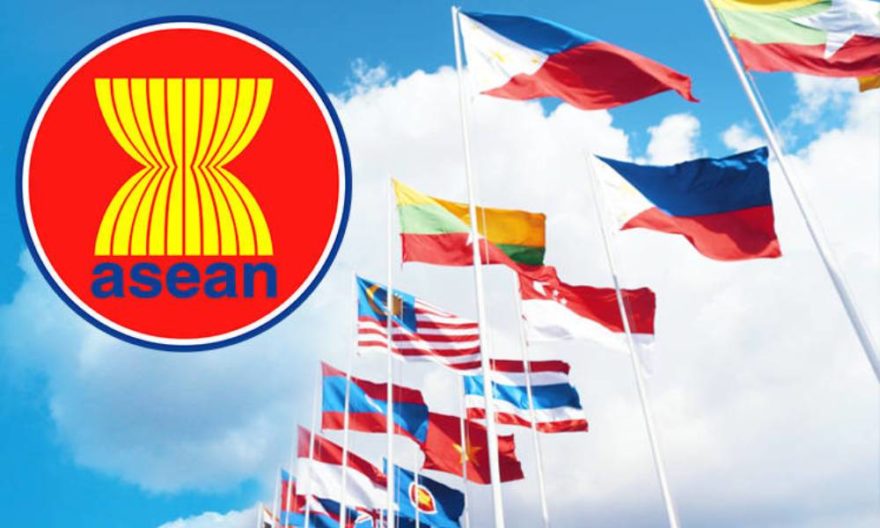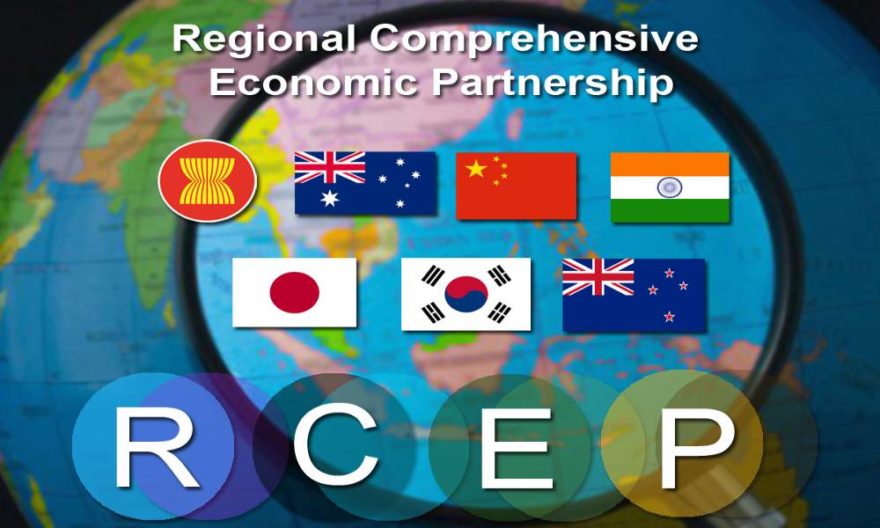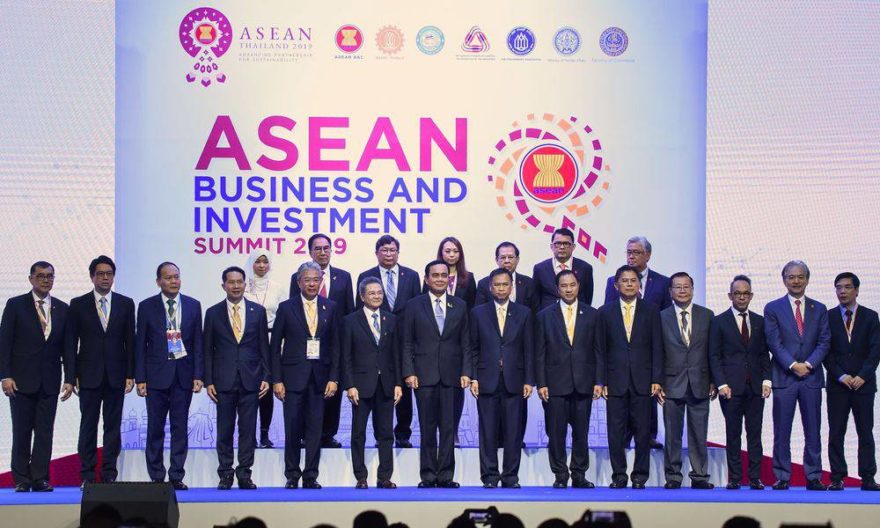Given the increased probability that the Trans-Pacific Partnership (TPP) will not be ratified by the United States, China is pushing its own longer term objective of a Free Trade Area of the Asia Pacific (FTAAP) and the more-immediate Regional Comprehensive Economic Partnership (RCEP).
Chinese President Xi Jinping is to attend the Asia-Pacific Economic Cooperation economic leaders’ meeting in Lima on November 19-20. Deputy Foreign Minister Li Baodong said that Xi’s presence is intended to signify China’s priority of boosting regional economic cooperation.
China is particularly interested in the completion on schedule of the study on the feasibility and potential benefits of FTAAP, which it has proposed to be a comprehensive, high-quality agreement that would encompass all of the current free trade agreements (FTAs) in the Asia-Pacific.
Xi has previously said that “there are worries about the potential for fragmentation. We therefore need to speed up the construction of the FTAAP and promote regional economic integration going forward.”
As what China sees as a first step towards FTAAP, RCEP aims to bring together the existing FTAs of China, Japan, South Korea, India, Australia, and New Zealand with the Association of Southeast Asian Nations (ASEAN) into a single enhanced comprehensive agreement. ASEAN comprises Brunei, Cambodia, Indonesia, Laos, Malaysia, Myanmar, the Philippines, Singapore, Thailand, and Vietnam.
It has been pointed out that a China-led RCEP has the potential to fill the gap left by TPP, if the latter is not passed by the US Congress. While it is unlikely that RCEP will have the same level of market access benefits as TPP, seven TPP countries (Australia, Brunei, Japan, Malaysia, New Zealand, Singapore, and Vietnam) are already involved in the ongoing RCEP talks, which China is looking to conclude as soon as possible.
In that regard, during an interview on November 9 after the US presidential election result, Australian Minister for Foreign Affairs Julie Bishop confirmed that, while “we see TPP as an important economic manifestation of the United States’ presence in our region, should [it] not go ahead, then the vacuum that would be created is most likely to be filled by RCEP.”







